When the weather clears and the fish start biting you want your boat to be ready to get on the water, with all systems and safety gear ready to go. Life jackets, signaling devices and fire extinguishers should be well maintained and in top shape. Take the time check everthing now, so everything will be ready for the upcoming season. Here’s the crucial safety gear and systems that need attention:
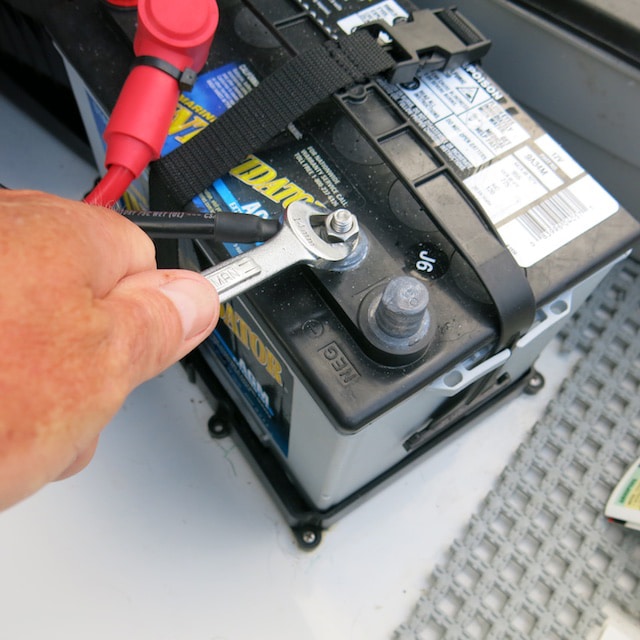
1. Batteries
Lead acid batteries that aren’t sealed should be checked for the correct fluid levels. Sealed batteries let you skip that step. Replace any wing nuts with lug nuts and tighten all snuggly. Sparks aboard a boat are never a welcome occurrence. Put the batteries on a slow trickle charge so they are full of juice.
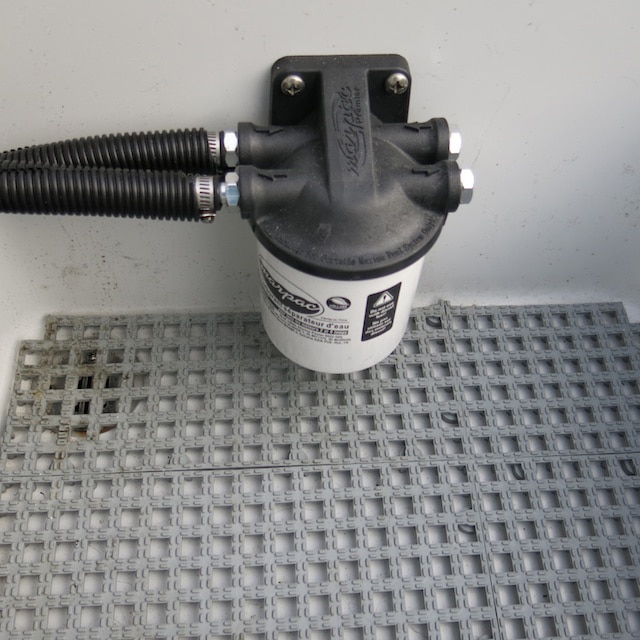
2. Fuel Filters
Replace if due or inspect for corrosion, rust and water in fuel. Leaking gas aboard a boat is never a good thing, either.
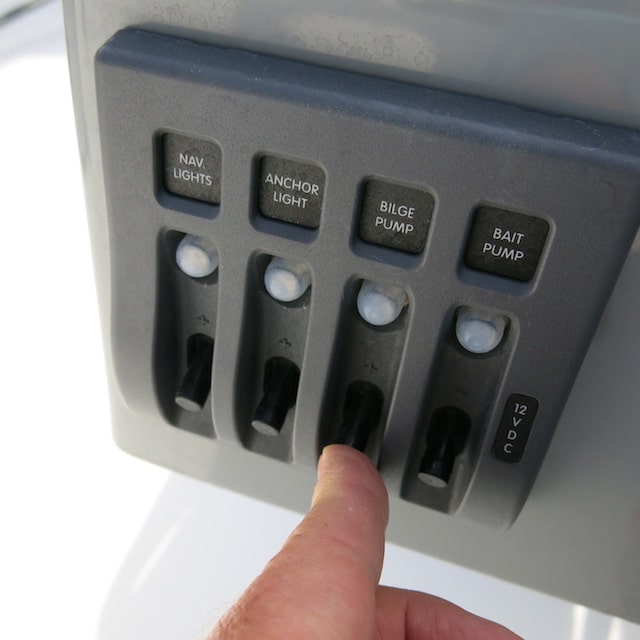
3. Bilge Pumps and Through-Hulls
Check the bilge pumps for debris and proper operation. Inspect all through-hulls for water-tight integrity and ensure valves can be easily opened and closed.
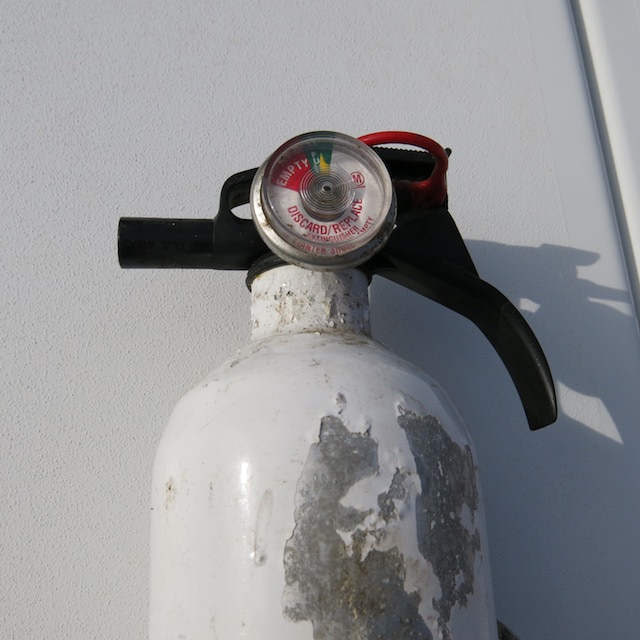
4. Fire Extinguisher
Check fire extinguishers to see if they are still within acceptable range on the charge. The safety pins should be firmly attached.
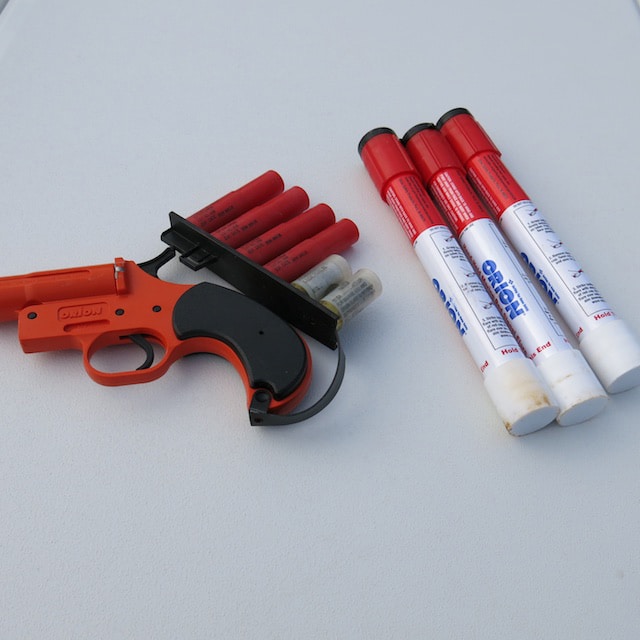
5. Signaling Devices
Verify that flares have not expired. Those out of date can be kept for backup emergencies, but put them in a sealed bag and store them separately from the good ones. Check horns, flare guns and other signaling devices. Avoid tickets from law enforcement and be prepared in case these life-savers are needed.
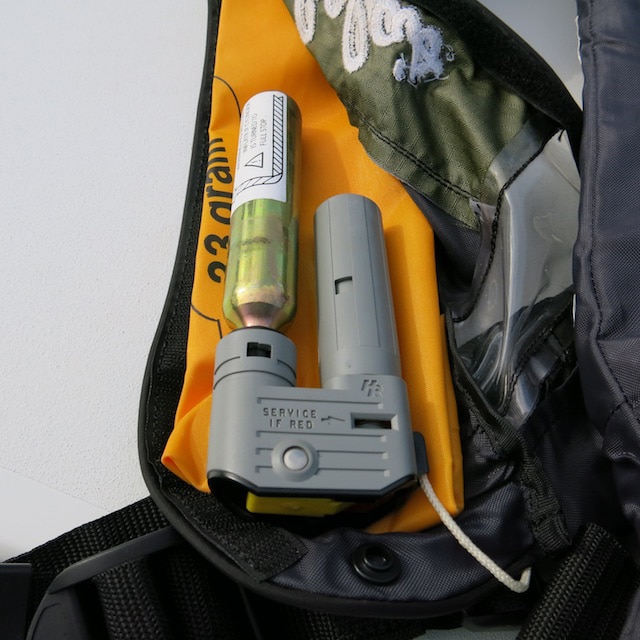
6. Life Jackets
Check that you have enough life jackets for all aboard and don’t scrimp on cost. If you go in the water, you’ll want the best money can buy. Check for rips and dry rot and secure straps. On automatic inflatables, check the CO2 cartridges for integrity/expiration.
7. EPIRB/PLB
If you carry one of these devices, check for battery life and any possible updates or recalls. Make sure they are securely mounted and easily accessible.
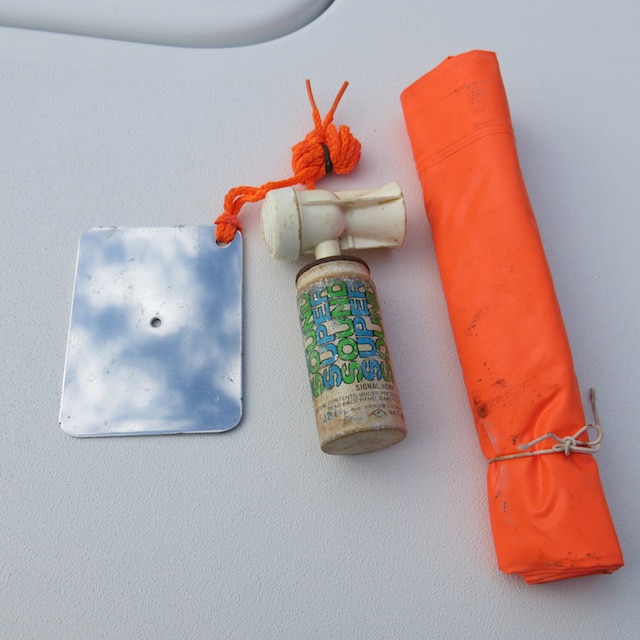
8. Ditch Bag
A ditch bag can be another life-saver. Stock one with a waterproof VHF radio, day and night signaling devices, a short section of nylon rope, first aid basics, a survival knife and some water and high-protein snacks.
9. First Aid Kit
Make sure the essentials are included and haven’t expired or gotten damp or mildewed.
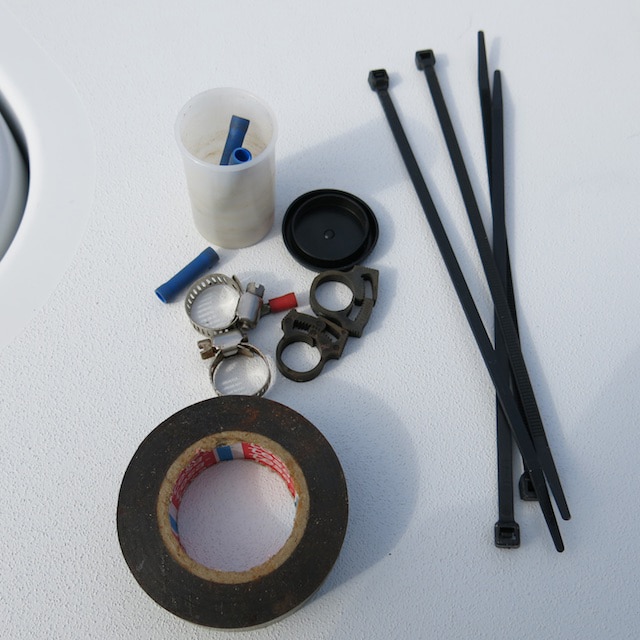
10. Emergency Repair Kit
Keep a few repair items in a waterproof container. Zip ties, hose clamps, electrical tape and electrical connectors may come in handy for a quick fix if something fails.
11. Boat Documentation
Keep the boat paperwork all together in a sealed container. Registration, proof of insurance, fishing licenses and towing service information are all necessary items.









